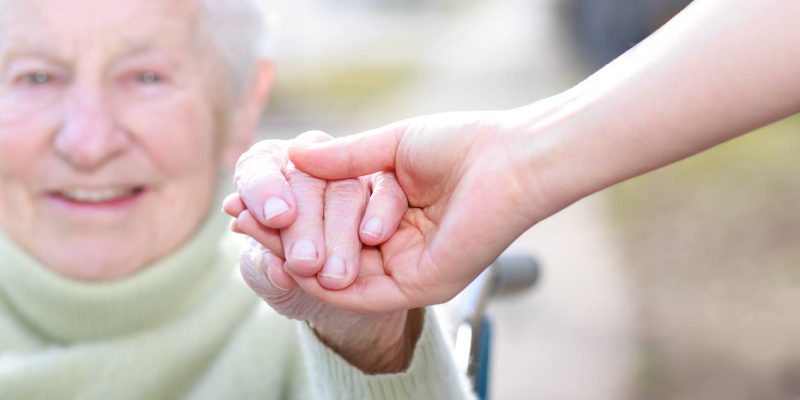Social isolation and life expectancy
Loneliness does not appear overnight. Over years a person may become more isolated by small degrees. Friends and relatives die or move away, mobility slowly starts to restrict activity and sometimes problems such as incontinence, deafness and fear of falling keep people more isolated.
Prolonged isolation can damage the immune system, leaving people more vulnerable to infections. It can also affect the cardiovascular system, increasing the risk of heart and circulatory problems. Lack of social interaction has also been linked to the onset of Alzheimer’s disease.
The role of companion/homemaker care provides a level of social integration that is not always credited for its role in abating loneliness. Social isolation has been described as the hidden killer, causing serious health problems which can have devastating consequences. Social relationships can be more than family and friends; qualified non-medical home care service is one of the most overlooked opportunities to improve quality of life. Studies by scholars such as Karl Pillemer and Elaine Wethington from the Department of Human Development & Sociology at Cornell University, in Ithaca, New York, are proving the importance of maintaining social connections and resources from middle age and beyond is essential as the foundation for successful aging.
Written by: Ramona K. Hunt M.S., Touching Hearts, Inc.
You may also like:
Strategies to encourage your loved ones to accept extra support.
As your loved ones age into older adulthood, there comes a time where they may need some extra support in…
Respite Care and it's Benefits
Caring for a loved one is both rewarding and demanding. Family caregivers seek ways to balance caregiving’s physical and emotional…
5 Simple Tips When Communicating to a person with Alzheimers/Memory Loss
When relating to a person with Alzheimer’s, there are many guidelines to follow. The important thing to remember is that…
Aging In Place: In Home Safety tips for Older Adults
Staying safe at home and aging in place for older adults can help maintain their independence and quality of life.…
Recline = Decline
On July 1, 1946, the Communicable Disease Center (CDC) opened its doors and occupied one floor of a small building…
Reach out!
It’s a fact, home is the safest place for all of us to be right now. But there’s this to…
National Handwashing Awareness Week
The first week of December is National Handwashing Awareness Week! Why is this week so important? The goal of National…

